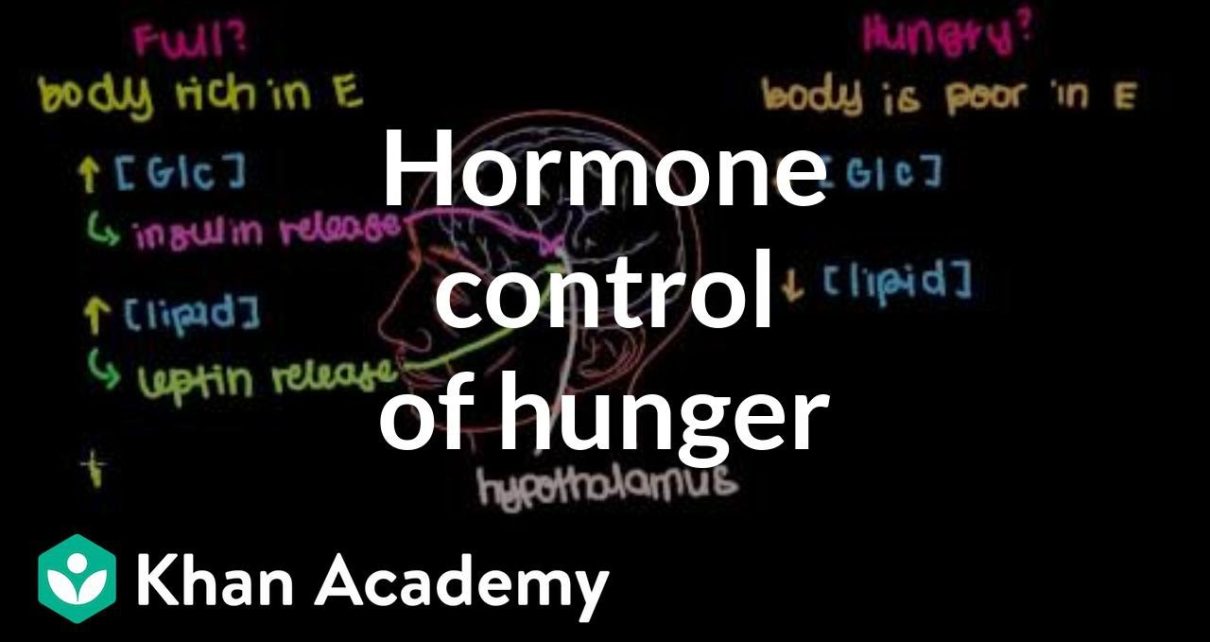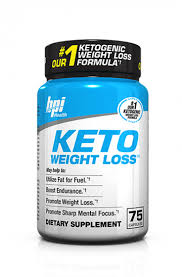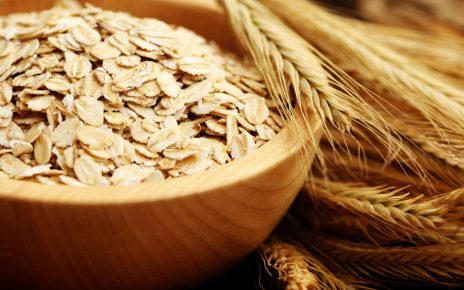Ever felt like your stomach has a mind of its own? One minute you’re fine, the next—boom—ravenous. Turns out, it’s not just willpower (or lack thereof) at play. Your hunger is orchestrated by a complex hormonal symphony. Let’s break it down.
The Hunger Hormones: Your Body’s Invisible Puppeteers
Two hormones dominate the hunger game: ghrelin (the “feed me” signal) and leptin (the “I’m full” whisper). But they’re not solo acts—insulin, peptide YY, and even cortisol chime in. Here’s how they work:
- Ghrelin: Spikes before meals, drops after eating. Think of it as your stomach’s dinner bell.
- Leptin: Released by fat cells, it tells your brain you’ve had enough. (Unless leptin resistance muddles the message.)
- Insulin: Manages blood sugar but also nudges your brain about energy stores.
Fun fact: Sleep deprivation boosts ghrelin by up to 30%. That midnight snack craving? Blame your hormones, not just weak resolve.
Why Diets Backfire (Hint: Hormones Fight Back)
Ever notice how after dieting, hunger feels… louder? When you cut calories, ghrelin surges while leptin plummets. Your body thinks it’s starving—because, well, it kinda is. This primal survival mechanism explains why 80% of dieters regain weight.
The Vicious Cycle of Restriction
Strict diets → Hormonal rebellion → Overeating → Guilt → Repeat. Sound familiar? The fix isn’t more willpower—it’s working with your biology.
Appetite Regulation Techniques That Actually Work
Ready to hack your hunger? These science-backed strategies calm hormonal chaos without white-knuckling it:
1. Protein at Every Meal
Protein reduces ghrelin more than carbs or fats. Aim for 20–30 grams per meal—think eggs, Greek yogurt, or lentils. Even a handful of nuts helps.
2. Sleep Like It’s Your Job
Skimping on sleep? You’re basically marinating in ghrelin. Seven to nine hours keeps hunger hormones in check. Pro tip: Cool, dark rooms boost sleep quality.
3. Fiber: The Unsung Hero
Soluble fiber (oats, apples, beans) slows digestion and triggers peptide YY, a hormone that promotes fullness. Bonus: Your gut bacteria love it.
| Fiber-Rich Foods | Ghrelin-Reducing Effect |
| Chia seeds | High |
| Avocados | Moderate |
| Broccoli | Moderate |
4. Stress Less, Eat Less
Cortisol (the stress hormone) hijacks hunger signals. Ten minutes of deep breathing or a walk outside can dial it down. No meditation app required.
5. Eat Mindfully
Scarfing food while scrolling? Your brain misses fullness cues. Try this: Pause halfway through meals. Check in. Often, you’re satisfied sooner than you think.
The Bigger Picture: Hunger Isn’t the Enemy
Here’s the deal: Hunger hormones evolved to keep you alive, not make you miserable. Instead of fighting them, tune in. Craving carbs after a workout? Your body likely needs glycogen. Ravenous at 3 p.m.? Maybe lunch lacked protein.
Honestly? The “perfect” appetite might not exist. Some days you’ll be hungrier—and that’s okay. Hormones fluctuate with cycles, stress, even weather. The goal isn’t control. It’s harmony.




